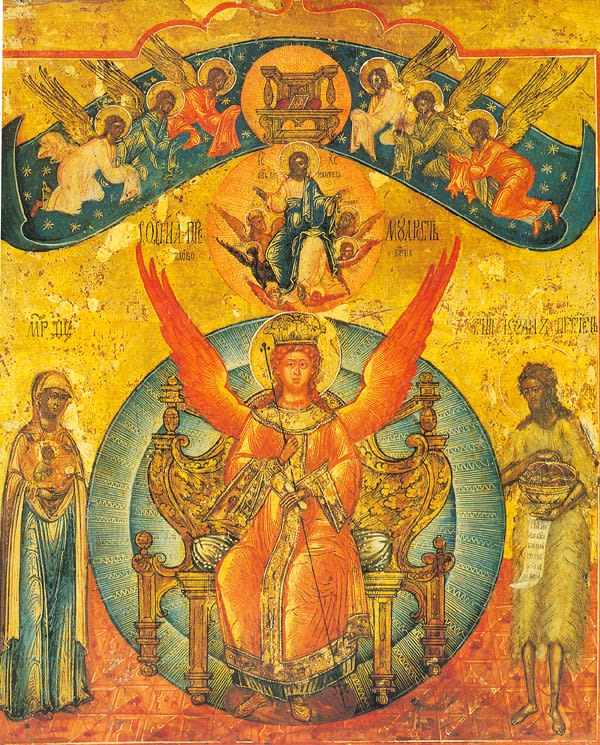In my last post, I shared about the ancient Ugaritic text that tells the tale of Kirta, king of Ḫubur. In that post, I focused on Lady Ḫuraya, a wife that he takes by force from the royal family of Udum. I talked about how my wife had observed that one of the descriptions of her sounds a lot like the Virtuous Woman of Proverbs 31.
Later in the text, as Kirta is dying of a terrible sickness, he commands Lady Ḫuraya to prepare a banquet. The description is once again evocative of a text from Proverbs, this time the feast of Lady Wisdom in Proverbs 9.

Here is my translation of the text from Kirta:
He rests his feet on the footstool
and shouts to his wife:
“Listen, O Lady Ḫuraya.
Slaughter the fattest of your cattle.
Open the wide bottles of wine.
Shout to my seventy bull captains,
to the eighty deer captains,
The bull captains of great Ḫubur,
Ḫubur the glorious.”
Lady Ḫuraya listens.
She slaughters the fattest of her cattle.
Opens the wide bottles of wine.She brings in his bull captains to him.
She brings in his deer captains to him.The bull captains of great Ḫubur,
Ḫubur the glorious.They enter the house of Kirta.
…
She reaches for the drinking bowl.
She wields a knife over the meat.And Lady Ḫuraya speaks:
“I have called to you to eat and drink
CAT 1.15 4
at a sacrificial banquet for Kirta your lord.”
Compare this to Proverbs 9:1-6
9 Wisdom has built her house,
Proverbs 9:1-6
she has set up her seven pillars.
2 She has slaughtered her beasts, she has mixed her wine,
she has also set her table.
3 She has sent out her maids to call
from the highest places in the town,
4 “Whoever is simple, let him turn in here!”
To him who is without sense she says,
5 “Come, eat of my bread
and drink of the wine I have mixed.
6 Leave simpleness, and live,
and walk in the way of insight.”
This is really not terribly surprising. It is quite apparent that Proverbs has drawn its motifs from much older traditions. The Virtuous Woman is something of an incarnation of Lady Wisdom. And both of them have a literary ancestor in Lady Ḫuraya.


